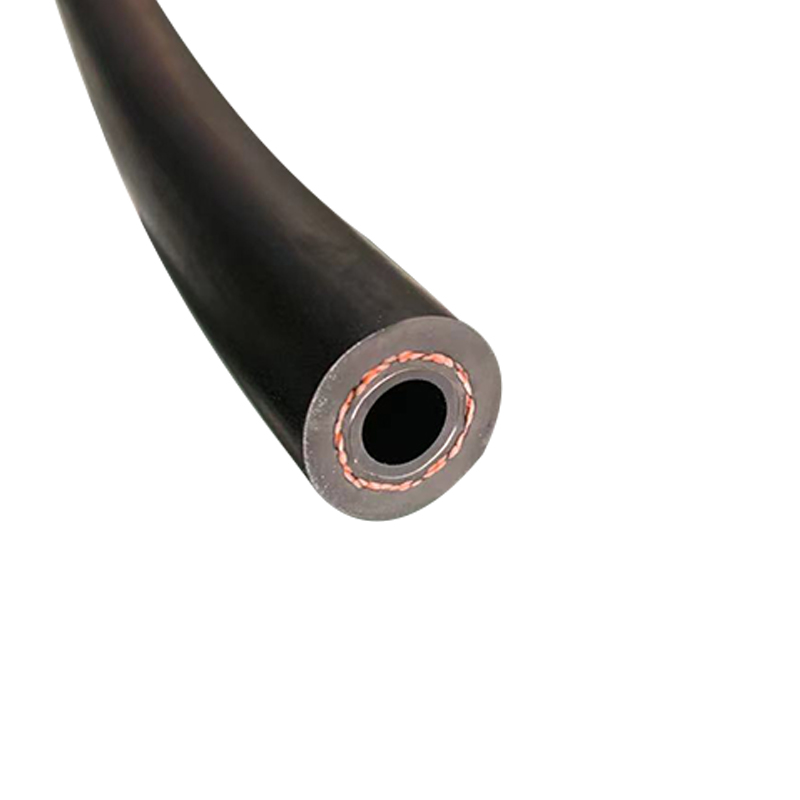High-Performance Fuel Lines for Extreme Heat Resistance and Durability in Engines
ጥቅም . 18, 2024 05:21 Back to list
High-Performance Fuel Lines for Extreme Heat Resistance and Durability in Engines
Heat Resistant Fuel Lines Essential for Safety and Performance
Fuel lines play a crucial role in the functionality and efficiency of modern vehicles and machinery. They transport fuel from the tank to the engine, and their reliability is paramount for optimal performance. Among the various types of fuel lines, heat resistant fuel lines stand out due to their ability to withstand extreme temperatures and harsh environmental conditions. This article explores the significance of heat resistant fuel lines, their construction, benefits, and applications.
The Importance of Heat Resistance
The internal combustion process generates significant heat, and this heat can transfer to the fuel lines. If fuel lines are not designed to withstand high temperatures, they risk degrading, cracking, or even leaking. This can lead to fuel spills, fires, or catastrophic engine failure, posing serious safety risks. Therefore, heat resistant fuel lines are essential components in vehicles, especially in high-performance engines, racing cars, and industrial machinery where temperatures can soar.
Construction of Heat Resistant Fuel Lines
Heat resistant fuel lines are typically constructed from specially formulated materials designed to endure high temperatures and resist chemical degradation. Common materials include
1. Rubber Compounds Many heat resistant fuel lines utilize synthetic rubber compounds like nitrile or fluorocarbon. These materials exhibit excellent resistance to thermal degradation and can operate efficiently at elevated temperatures.
2. Thermoplastic Materials Some modern fuel lines are made from thermoplastic elastomers (TPE) that blend the properties of rubber with the versatility of plastics. TPEs offer high flexibility, durability, and resistance to heat and chemicals.
3. Metal Braiding To enhance durability, some fuel lines incorporate metal braiding, which provides additional support against high-pressure environments and heat. This construction is particularly common in high-performance applications where fuel pressures can fluctuate rapidly.
4. Heat Shields In certain applications, heat resistant fuel lines are further protected by external heat shields. These shields can reflect and dissipate heat, ensuring that the fuel line remains within safe operating temperatures.
Benefits of Using Heat Resistant Fuel Lines
heat resistant fuel line

The use of heat resistant fuel lines offers numerous benefits
1. Enhanced Safety By reducing the risk of fuel leaks, cracks, or explosions, heat resistant fuel lines directly contribute to vehicle and operator safety.
2. Increased Longevity These lines can withstand high temperatures and harsh conditions, leading to longer service life and reduced need for replacements.
3. Improved Performance With fuel lines that maintain their integrity under pressure and heat, engines can operate more efficiently, resulting in better performance and fuel economy.
4. Versatility Heat resistant fuel lines are applicable in various industries beyond automotive, including aviation, marine, and heavy machinery, demonstrating their adaptability to different environments.
Applications of Heat Resistant Fuel Lines
The demand for heat resistant fuel lines spans across multiple sectors. In the automotive industry, these lines are essential in performance vehicles where engine temperatures are elevated. Similarly, in aviation, fuel systems must withstand high pressure and temperature fluctuations, making heat resistant lines vital for safety.
In industrial applications, heavy machinery working in extreme conditions or high-temperature environments relies on these fuel lines to ensure operational efficiency and safety. Additionally, motorsport applications, where every fraction of a second counts, depend on high-performance heat resistant fuel lines to deliver optimal results.
Conclusion
Heat resistant fuel lines are a crucial component in ensuring the safety, performance, and reliability of fuel transport systems in various applications. Their specialized construction and material choices allow them to withstand high temperatures while maintaining their integrity, thus preventing leaks or failures. As technology continues to advance, the development of even more resilient and efficient fuel lines will undoubtedly play a vital role in the evolution of automotive and industrial design, affirming their place as an indispensable element of modern engineering.
